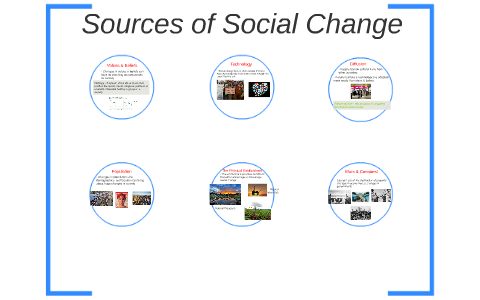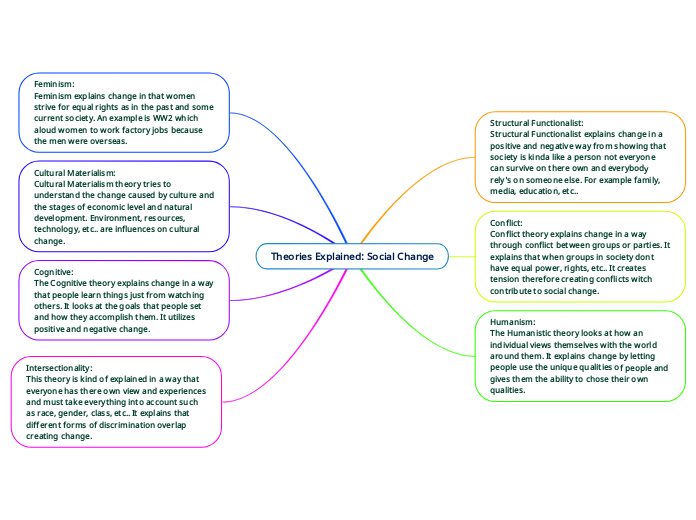There are several theories of social change that have been proposed by sociologists and other social scientists. These theories seek to explain how and why societies change over time and the factors that contribute to these changes.
One of the most influential theories of social change is modernization theory, which suggests that societies progress through a series of stages, from traditional to modern. According to this theory, traditional societies are characterized by a lack of technological advancement, a focus on tradition and religion, and a lack of individualism. As societies become more modern, they become more industrialized, secular, and individualistic. This process of modernization is driven by economic development, technological innovation, and the spread of education and knowledge.
Another theory of social change is dependency theory, which suggests that the development of poorer countries is hindered by their relationship with wealthier countries. According to this theory, poorer countries are dependent on wealthier countries for resources and capital, which leads to a one-sided relationship in which the wealthier countries extract resources and wealth from the poorer countries. This can lead to social and economic inequality and can prevent poorer countries from achieving the same level of development as wealthier countries.
A third theory of social change is world systems theory, which suggests that societies are interconnected and are part of a larger global system. According to this theory, the global system is divided into core countries, which are industrialized and have a lot of economic power, and periphery countries, which are less industrialized and have less economic power. The relationship between these two types of countries leads to social and economic inequality and can contribute to social change.
Finally, conflict theory suggests that social change is the result of conflict between different groups in society. According to this theory, society is composed of different groups with competing interests, and change occurs when one group is able to assert its power and dominance over others. This can be seen in the way that marginalized groups, such as racial minorities or women, have fought for and achieved social and political change.
Overall, there are many different theories of social change, and each one offers a unique perspective on how and why societies change over time. Understanding these theories can help us better understand the complex social, economic, and political forces that shape our world.







